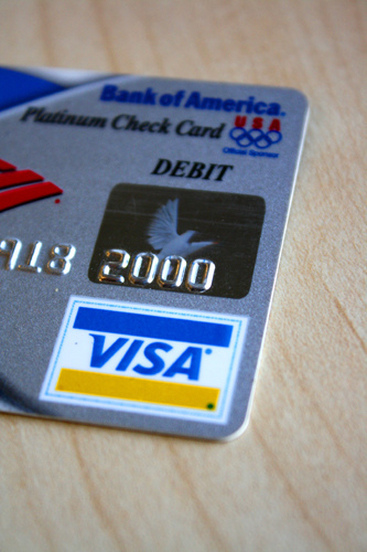
And in the midst of this, everyone seems to be holding their breath, hoping that Black Friday, Cyber Monday and the entire Christmas season brings in gazillions of dollars in consumer spending fueled mainly by credit card debt?
I could launch into a rant on the contradictions between what we expect from our politicians and what we expect of ourselves, but instead I will point out that the two sets of behavior are not unrelated.
If we fuel an economic recovery on unsecured consumer debt, is it really a sustainable economic recovery? Wasn’t that sort of spending, through risky home equity loans and debts that exceeded the ability to pay, a
| | big part of why the economic collapse of 2008 has had such a long-lasting effect? Even if risky behavior by financial institutions, fueled by bad government incentives, was the main reason institutions teetered or collapsed, debts on a personal level made it much harder for people to weather the storm. So now we are told that Black Friday sales were strong but not spectacular, but that online sales topped $1 billion. But we’re also being told, as this ABC News report said, that consumers “cranked up their use of credit cards in the third quarter.” The report cited figures from TransUnion, a credit-reporting agency, that the credit card debt per borrower grew 4.9 percent during that quarter, as compared to a year ago, to $4,996. Round that off to $5,000. That doesn’t seem like the kind of figure most people could pay off each month when the bill comes due. On Forbes.com this week, Panos Mourdoukoutas wrote about good debt and bad debt. It’s pretty simple, really. Good debt buys something that will increase in value, whether that is an education that will lead to a lucrative career or a small-business loan. Bad debt is money we borrow for things we don’t really need, and at terms that are onerous and, frankly, ridiculous. Why do people accumulate bad debt? Mourdoukoutas said you can blame the emotional side of your brain. He quotes author Jonah Lehrer. ““Paying with plastic fundamentally changes the way we spend money, altering the calculus of our financial decisions. When you buy something with cash, the purchase involves an actual loss — your wallet is literally lighter.” This blog by Anisha Sekar on USNews.com, says much the same. “Paying with cash gives that visceral feeling of forking over money, making you more aware of your purchases than an electronic transfer ever could.” That’s sound advice. Unfortunately, with mobile devices increasingly being used to pay at the register, the world is moving farther and farther away from cash. That’s too bad. Imagine if political leaders had a giant warehouse full of cash from tax revenues. They might feel a little differently when it all ran out and they had to go borrow more. But that’s pure fantasy — just like imagining politicians being thrown off a literal cliff if they can’t reach a compromise by the end of the year. |

 RSS Feed
RSS Feed

